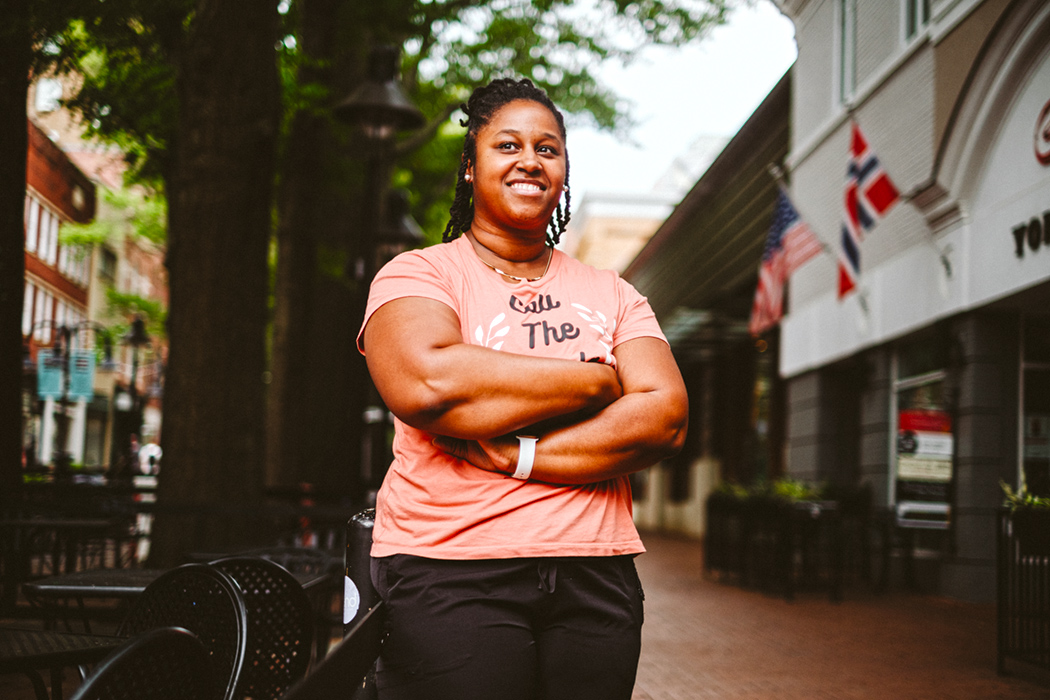Seven years ago, Tikara Cannon went into labor nine weeks before her twins were due.
That day, she learned her daughters would be born on a military base in Nevada, thousands of miles away from her family on the East Coast.
As a new mother, Cannon had received no prenatal education. She was taken aback when, in the middle of preparing for her C-section, her doctor asked her about her breastfeeding plans.
Cannon’s new family received well wishes and hot meals during the twins’ first two weeks in the hospital. But as time dragged on, support trickled away, and Cannon found herself navigating the new and foreign world of motherhood without a strong support system.
In that month and a half spent waiting for her twin daughters to leave the NICU, Cannon decided to forgo a veterinary career in order to help other Charlottesville moms.
“My personal lactation experience is what really made me want to go into the field of lactation,” Cannon says. “I wanted to work more with people to make sure they have good experiences.”
Cannon’s training began with certifications in prenatal education and lactation guidance. Eventually, she added accreditation as a postpartum doula. Unlike regular doulas, who guide women through labor, postpartum doulas help new mothers after birth with everything from housekeeping to meal preparation to moral support.
“These people are next to the mom, really caring for her, and that goes hand in hand with lactation, because it’s not just about breastfeeding the baby,” Cannon says. “It’s about everything.”
When Cannon founded Milk & Cradle, LLC, in fall 2020, the company offered virtual postpartum support and lactation guidance. Her practice has since expanded to provide in-person help and guidance to over 20 Charlottesville families.
“I’m often assisting families that are here for military families, and don’t have support around,” Cannon says. “My story, with preterm infants, and isolation, and no support, and the military, is quite a heavy background most people can resonate with.”
As new mothers arrive home from the hospital, Cannon can help the new mother feed her baby while ensuring her environment is conducive to peaceful nourishment. Especially for women parenting alone or uprooted by military travel, the extra knowledge and support makes early motherhood less daunting.
“I find satisfaction in knowing that I’m doing my part in trying to prevent the experiences that happened to me,” Cannon says. “I’m not going to prevent it all. But knowing I’ve done my due diligence in attempting, that’s very satisfying.”
Before service, Cannon gets to know the family she is assisting. Afterward, she follows up on mother and child through text. Because her services come at such a transformative time for each family, connection with clients rarely ends with her last session.
As Cannon knows from experience, a connection with the local community provides much-needed stability for new families struggling to navigate the complicated world of postpartum care.
“When those sessions end, and they’re like, ‘Oh my God, I don’t know how I could have made it without you,’ it recharges me,” Cannon says. “I am so grateful for the families that have verbalized that to me. It means a lot. It keeps me going.”
